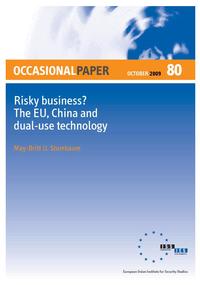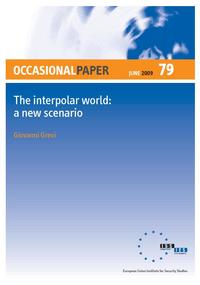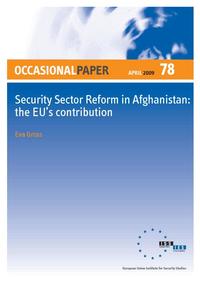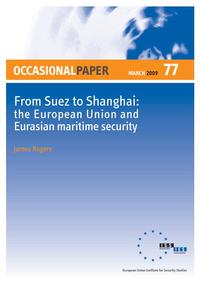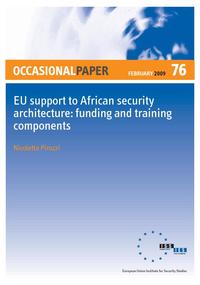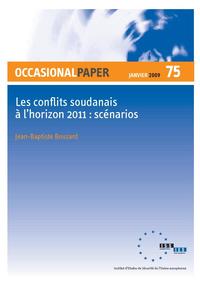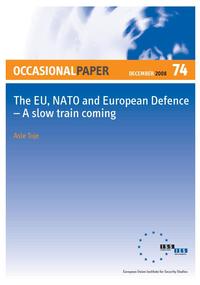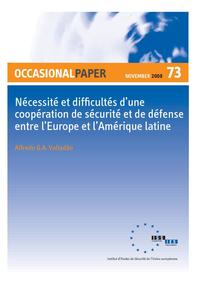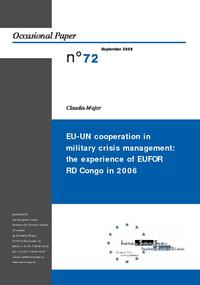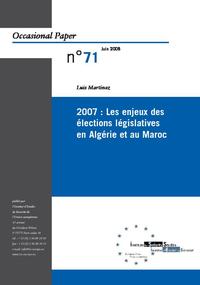You are here
Occasional Papers
Occasional Papers are essays or reports that contribute to the debate on specific issues relevant to European security. They may be based on work carried out by researchers granted awards by the EUISS, on contributions prepared by external experts, and on collective research projects or other activities organised by (or with the support of) the Institute. The Occasional Papers series finished in January 2013 with its 100th publication.
